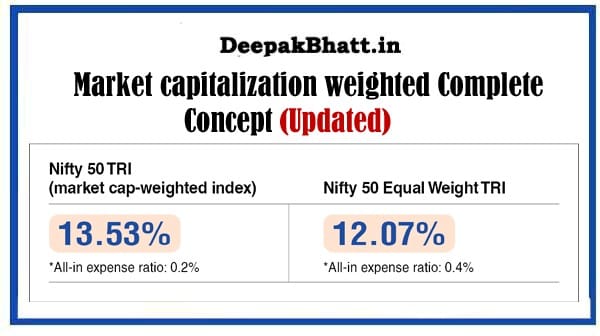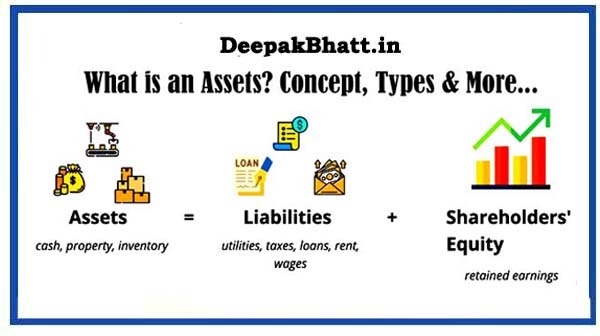What is Income the lifeblood of financial stability, manifests in various forms, impacting our lives on a daily basis.
From the paycheck you receive at the end of a workweek to the returns on your investments, income comes in different shapes and sizes, each with its unique characteristics and implications.
This blog post will take you on a detailed journey into the world of income, unraveling its intricacies and shedding light on its critical role in our economic landscape.
What is an Asset? Defination, Types & Concept
What are Libilities? Defination, Types & Concept
- 1 What is Income?
- 1.1 Types
- 1.2 1. Earned
- 1.3 2. Passive
- 1.4 3. Portfolio
- 1.5 4. Rental
- 1.6 The Importance
- 1.7 1. Financial Planning
- 1.8 2. Tax Implications
- 1.9 3. Wealth Creation
- 1.10 Frequently Asked Questions (FAQs)
- 1.11 Q1: What are the common sources of earned income?
- 1.12 Q2: How is passive income different from earned income?
- 1.13 Q3: Why is it important to diversify sources of income?
- 1.14 Conclusion
What is Income?
At its core, it can be defined as the money or financial gain received by an individual or entity for providing goods, or services, or as a return on investment.
It’s a multifaceted concept, encompassing a spectrum of sources and types, each contributing to the financial tapestry of our lives.
Types
1. Earned
Earned income constitutes the financial rewards derived from active participation in the workforce.
This includes salaries, wages, and bonuses. What is Income Whether you’re working a 9-to-5 job or freelancing in the gig economy, the money you earn through your labor falls under the category of earned income.
2. Passive
Contrastingly, passive income flows in without the constant active involvement of the earner.
This can originate from investments, real estate, or business activities in which you play a more supervisory or distant role.
Passive income provides the luxury of financial inflow without being tethered to a desk or a specific time commitment.
3. Portfolio
For those engaged in the world of investments, portfolio income becomes a familiar term.
Gains from stocks, bonds, mutual funds, and other financial instruments fall under this category.
The ebb and flow of the market directly influence portfolio income, making it subject to the dynamics of the financial landscape.
4. Rental
Property ownership can be a source of steady income through rent payments.
Whether residential or commercial, renting out property generates rental income, adding another dimension to the diverse world of financial gains.
Understanding these distinctions is not merely an exercise in categorization; it’s a strategic move toward financial literacy and empowerment.
Diversifying income streams becomes a prudent step in building a resilient financial portfolio.
The Importance
1. Financial Planning
The cornerstone of effective financial planning lies in understanding the nature and sources of income.
By dissecting your income streams, you gain insights into your financial health, enabling better budgeting, saving, and investing decisions.
2. Tax Implications
Different types of income attract varying tax rates and regulations.
A nuanced understanding of your income composition empowers you to navigate the complex landscape of taxation more efficiently.
It allows for strategic planning to optimize tax liabilities and maximize returns.
3. Wealth Creation
Income isn’t merely a means of sustenance; it’s a tool for wealth creation. Strategic management of income, whether through astute investments or entrepreneurial endeavors, can significantly contribute to long-term financial success.
Building wealth requires a holistic approach that extends beyond earning to efficient management and growth of financial resources.
Learn Basics of Finance Tutorials
Master the Basics of Finance for professionals
Frequently Asked Questions (FAQs)
Q1: What are the common sources of earned income?
A: Common sources of earned income include salaries, hourly wages, bonuses, and commissions from employment. This direct compensation is a result of active participation in the workforce.
Q2: How is passive income different from earned income?
A: While earned income is the result of active work or labor, passive income is generated from investments or activities in which you are not directly involved on a day-to-day basis. Passive income provides financial inflow with less hands-on effort.
Q3: Why is it important to diversify sources of income?
A: Diversification mitigates risks associated with dependence on a single income stream. Having a variety of income sources provides stability and financial security, especially during economic uncertainties.
Conclusion
In essence, it is not a monolithic concept but a dynamic force shaping our financial landscapes.
Understanding its nuances is an essential step towards financial literacy and empowerment.
By exploring the various types and sources , individuals can take proactive steps towards building a more secure and prosperous financial future.

















